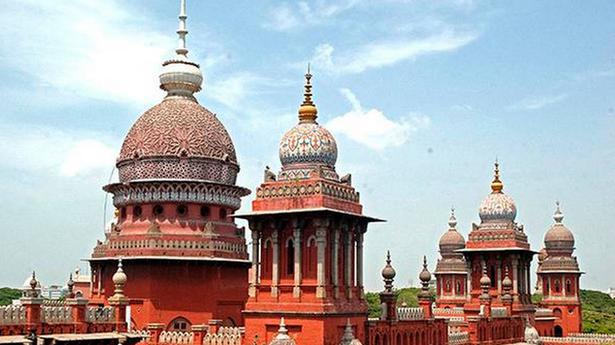
Don’t entertain cases which implead Chief Secretary unnecessarily, Madras High Court directs its Registry
The Hindu
The court also asks govt. officials to give due respect to law officers and settle their bills promptly even after regime change
Disapproving of the practice of impleading the Chief Secretary as one of the respondents to cases seeking grant of patta, cancellation of patta, issuance of legal heir certificates, provision of electricity connection and so on, the Madras High Court has directed its Registry to insist upon deleting unnecessary parties to a case.
Justice M. Govindaraj agreed with Additional Advocate General J. Ravindran that including the Chief Secretary as a respondent to cases, in which he/she does not happen to be the answering respondent, causes great hardship to the official concerned as well as the law officers who had to defend the State before the court.
“Therefore, the Chief Secretary to the government need not be impleaded as a party in writ petitions unless it is warranted... Unnecessary impleadment of officers, causing embarrassment and mental pressure, shall be avoided by requesting the petitioners to delete the unnecessary parties,” the judge wrote.
The direction was issued while allowing a writ petition filed in 2012 by former AAG S. Ramasamy against denial of special fee claimed by him for his appearances in various cases. The judge quashed a January 2011 government communication and directed the State to settle all his bills within eight weeks.
Deploring the attitude of the government officials who treat former law officers with scant regard on change of regime and refuse to settle their bills, the judge said: “Rulers may change but the government is a continuously running machinery and its servants shall not shift their loyalty to please the rulers.”
Further, observing that government law officers come forward to serve the people for a nominal fee by giving up their lucrative private practice, the judge said, the government officials must accord due respect to such lawyers and extend their fullest cooperation in exercise of their professional duties.
In an attempt to ensure due dignity to the law officers, the judge issued a slew of directions and the first among them was that the law officers must be given due respect for their dedication in defending the government. He also ordered that the government officials must not deny the fees claimed by the law officers.













